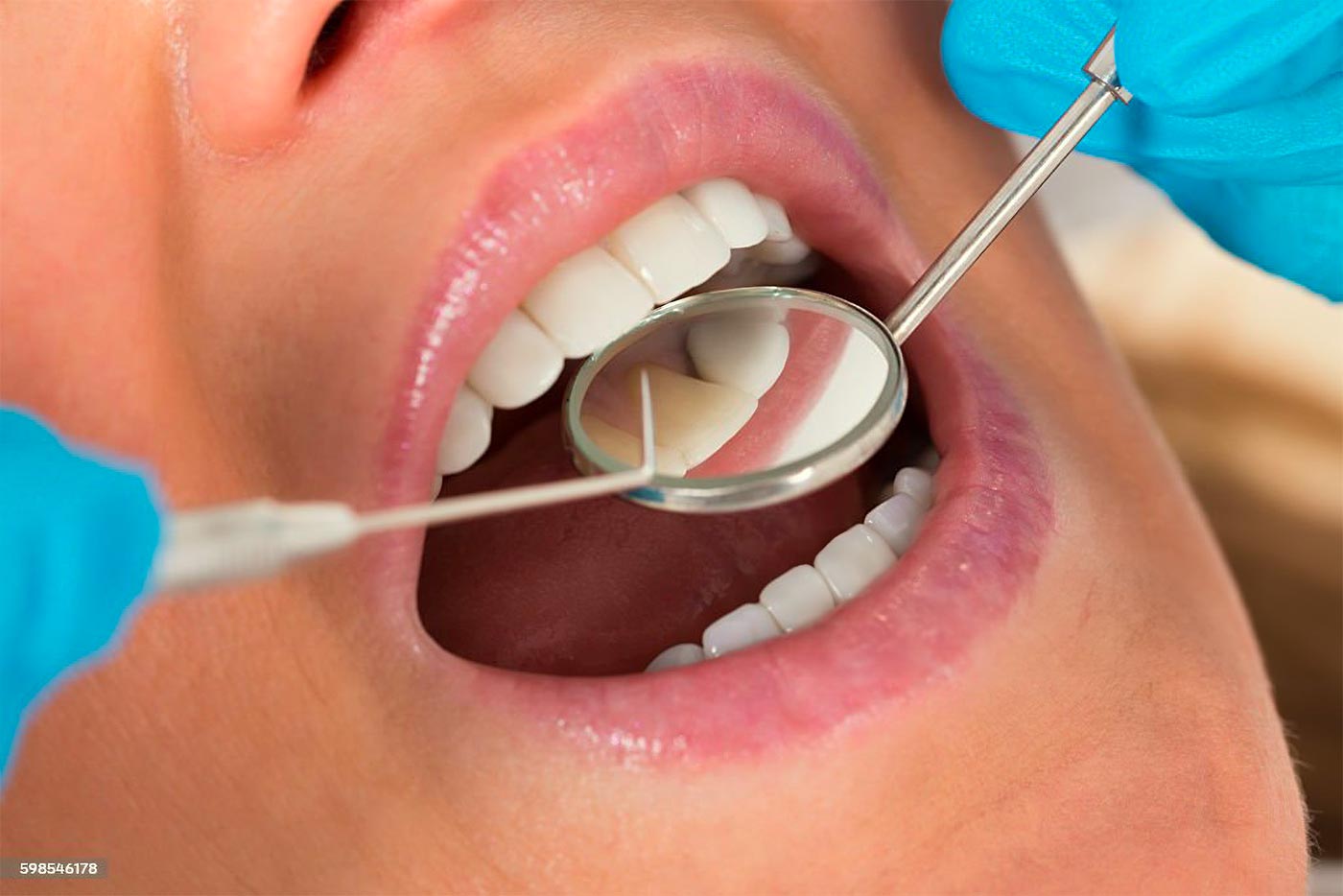Post-Op Information
Regular Cleaning
Good oral hygiene is important, not only for looks but for general health as well. Poor oral hygiene can lead to a variety of dental and medical problems such as gum disease, infection, bone loss, heart disease, strokes, and more. Regular checkups and cleanings can prevent these problems as well as provide you with good oral hygiene. According to The Oral Cancer Foundation, someone dies from oral cancer, every hour of every day in the United States alone. When you have your dental cleaning, your dentist is also screening you for oral cancer, which is highly curable if diagnosed early.
A dental cleaning is a fairly routine procedure that is rarely painful. Those who fear dentists or who have marked tooth sensitivity may feel more discomfort than the average patient. As well, those who have not had their teeth cleaned in a long while may expect to experience a longer cleaning, and some additional pulling or scraping to remove plaque from teeth. However, for most, a dental cleaning is more inconvenient than painful.

Deep Cleaning (Deep Scaling & Root Planing)
If plaque and tartar are left on the teeth it provides the right conditions for bacteria to thrive. The bacteria irritate the gums, which means that they bleed more easily. You may notice this if you are brushing your teeth, or eating, and sometimes your gums may bleed a bit. This is the early stage of gum disease called gingivitis. If you have gingivitis, your dentist will clean your teeth by scaling and polishing them.
If gingivitis is not treated and nothing is done about it, the inflammation will work its way down toward the foundations of the tooth causing a “periodontal pocket”. Again, within the confines of the pocket, the conditions are such that the bacteria can have a right old party, and cause more damage. To stop gum disease from progressing, our doctor may advise periodontal therapy or deep cleaning. This gets rid of the bacteria in the pocket and provides the necessary conditions for healing to occur.

